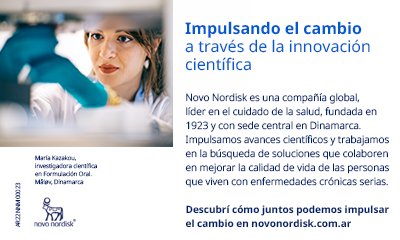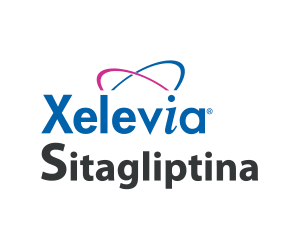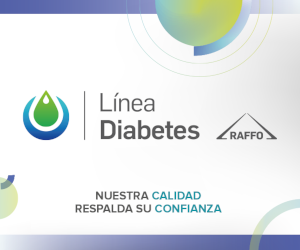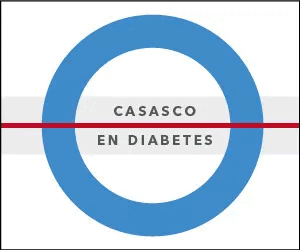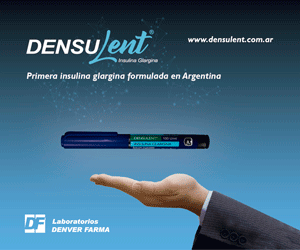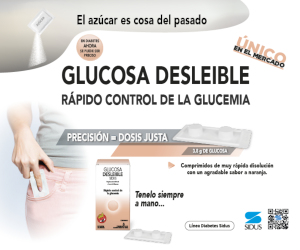Can prevent type 1 diabetes?
DOI:
https://doi.org/10.47196/diab.v56i3Sup.547Keywords:
diabetes mellitus type 1Abstract
Type 1 diabetes (T1D) is caused by the autoimmune destruction of β cells of the pancreas, driven by CD4+ and CD8+ T lymphocytes. The humoral branch represented by B lymphocytes is responsible for producing autoantibodies (AAs) against specific antigens such as glutamate decarboxylase (GADA), cellular membrane phosphatase (IA2A/ICA512A), zincT8 transporter (ZincT8A), and the insulin molecule (IAA), all markers of the autoimmune process. These AAs can be detected before the clinical onset of T1D, at the prediabetes type 1 stage (1).
The overall risk of progression to T1D is regarded as the presence of 2 or more AAs but differs across patients, being higher with a greater number of AAs (2).
References
I. So M, Speake C, Steck AK, et al. Advances in type 1 diabetes prediction using islet autoantibodies: beyond a simple count. Endocr Rev 2021;42:584-604.
II. Steck AK, Vehik K, Bonifacio E, et al.; TEDDY Study Group. Predictors of progression from the appearance of islet autoantibodies to early childhood diabetes: The Environmental Determinants of Diabetes in the Young (TEDDY). Diabetes Care 2015;38:808-813.
III. Oram RA, Redondo MJ. New insights on the genetics of type 1 diabetes. Curr Opin Endocrinol Diabetes Obes 2019;26:181-187.
IV. von Herrath M, Bain SC, Bode B, et al.; Anti-IL-21–liraglutide Study Group investigators and contributors. Anti-interleukin-21 antibody and liraglutide for the preservation of β-cell function in adults with recent-onset type 1 diabetes: a randomised, double-blind, placebo-controlled, phase 2 trial. Lancet Diabetes Endocrinol 2021 Apr;9(4):212-224.
Downloads
Published
How to Cite
Issue
Section
License
Copyright (c) 2022 on behalf of the authors. Reproduction rights: Argentine Diabetes Society

This work is licensed under a Creative Commons Attribution-NonCommercial-NoDerivatives 4.0 International License.
Dirección Nacional de Derecho de Autor, Exp. N° 5.333.129. Instituto Nacional de la Propiedad Industrial, Marca «Revista de la Sociedad Argentina de Diabetes - Asociación Civil» N° de concesión 2.605.405 y N° de disposición 1.404/13.
La Revista de la SAD está licenciada bajo Licencia Creative Commons Atribución – No Comercial – Sin Obra Derivada 4.0 Internacional.
Por otra parte, la Revista SAD permite que los autores mantengan los derechos de autor sin restricciones.


